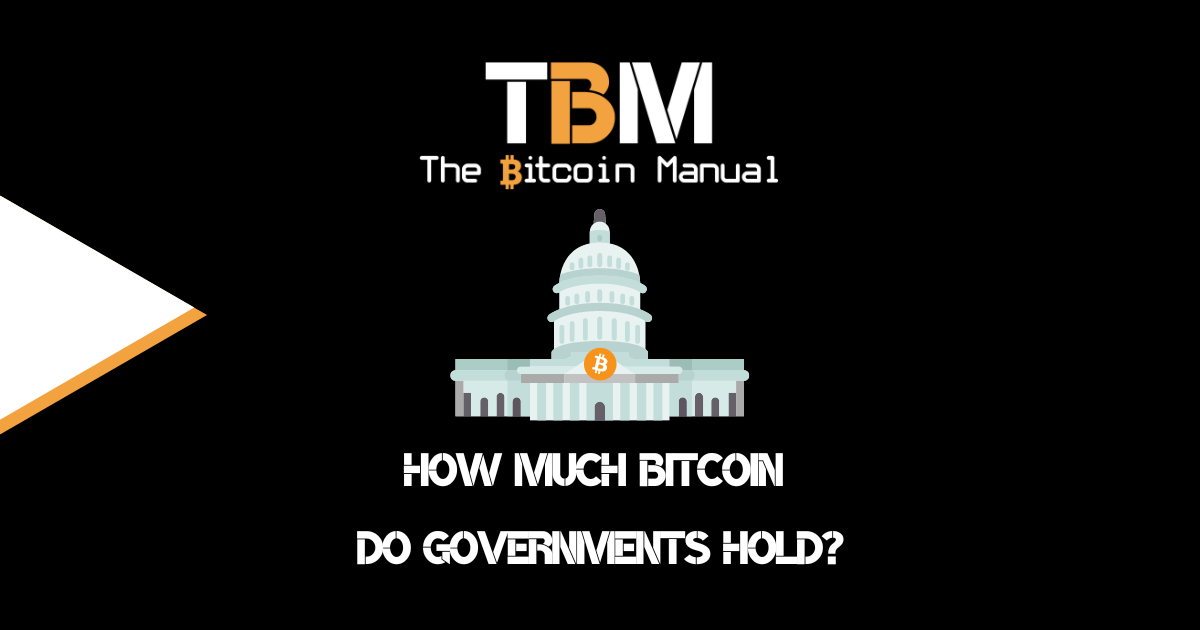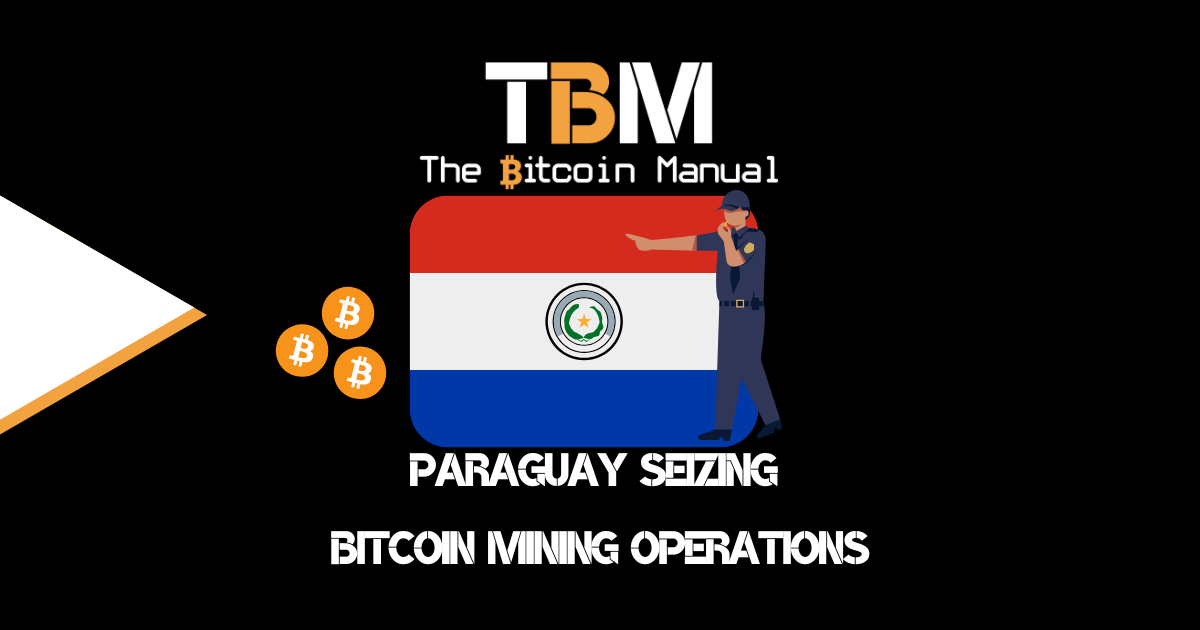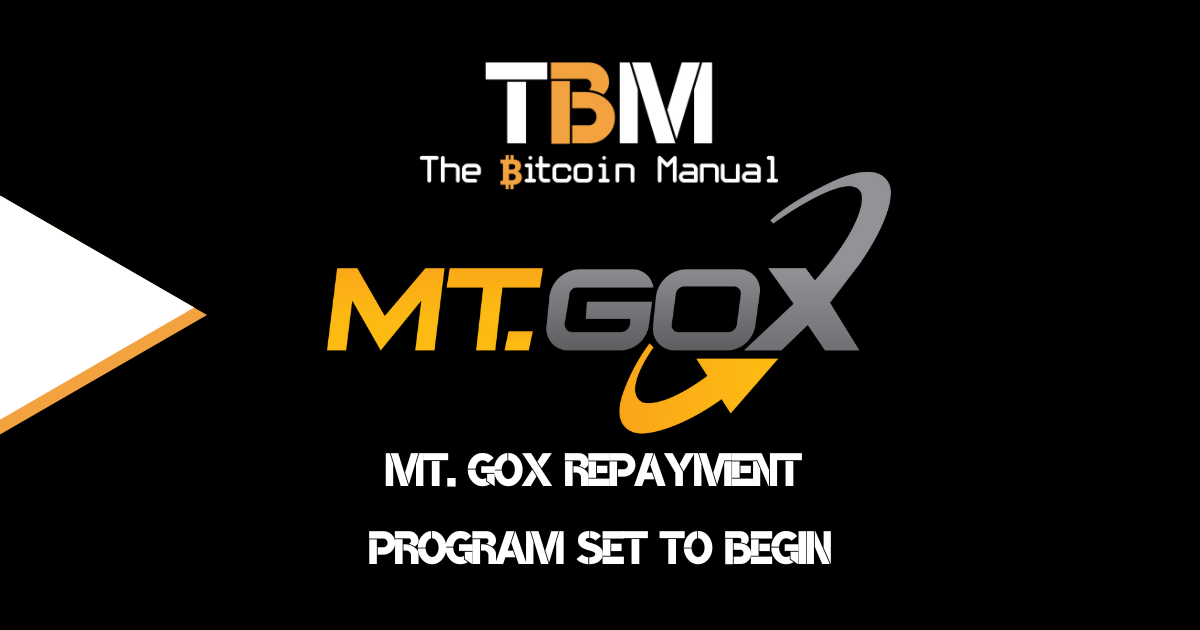Cold Wallet
Home » Storage & Security » Cold Wallet
Cold wallets or “cold storage” refers to bitcoin hardware wallets where the private key is generated and kept offline. When the private key or seed phrase does not touch a device with a direct internet connection, it remains away from the heat of any online security issues and possible attacks. Other options like a “hot wallet” on an exchange or software wallet have limited protection against these threats.
Cold wallets come in a few forms, so if you’re planning on HODLing Bitcoin for the long term, made by different manufacturers, and there are various options available. Depending on your location and price range, you may want to consider a specific hardware wallet.
When you order a hardware wallet, there are several attack vectors and issues you need to consider. The device does provide you with added protection against certain threats, but it also brings with it added personal responsibility as you take complete custody of your coins.

What is a hardware wallet?
These are encrypted devices, they may take the shape of a small computer or USB stick and are specifically designed in ways that keep your private keys safely secured inside of it.
You will need to note the seed phrase when you use these for the first time in case you lose the USB stick or the physical device becomes damaged. As long as you have the seed phrase/backup phrase stored securely you can always restore the wallet to a new device or several devices if and when you need to access your funds
Companies like Ledger and Trezor supply these but make sure you buy from the manufacturer directly.
What is a paper wallet?
A lower budget solution to hardware wallets where your public address and private key are simply printed off on a sheet of paper. If you wanted to receive funds then you manually type out the public address from the sheet of paper.
To create a paper wallet, search for “Bitcoin paper wallet generator” online and take your pick. Wallet Generator and BitAddress seem to be popular – open their page up, disconnect your internet and follow the instructions.
Why get a hardware wallet?
As your wealth in bitcoin continues to grow, it’s a wise choice not to leave it on an exchange where you have a bitcoin IOU, and you’re taking on third party risk. Getting used to managing your keys is the first part of your bitcoin journey to self-sovereignty, as we say in bitcoin, “not your keys, not your coins”.
Hot wallets provide an excellent training ground, getting you used to manage your transactions and what it feels like to take custody of your funds. However, hot wallets have specific security issues that are more attractive to expose the more wealth is kept in these wallets.
This is why a hardware wallet is such an essential step as your wealth increases; you don’t want to store your life savings in a method that encourages hackers to persue it and to compromise your security as your wealth grows. You want to give yourself the best level of protection money can buy.
A hardware wallet offers you a unique device that can ONLY be used to manage your bitcoin, meaning less chance of software corruption and issues that can open up the device to others. A hardware wallet also allows you to keep your keys away from an internet connection and is also a great way to force security measures on yourself, as we can all get lazy or complacent at times.
Considerations when getting a hardware wallet
Once you have a hardware wallet of your choice, it’s up to you to check a few things when setting up; the first would be to review online feedback from other users, have had a good or bad experience with the technology and explore potential issues and if they are a make or break for you.
Wallet hardware and software review
Find out how you can authenticate the device and ensure it was not tampered with; if the manufacturer cannot provide you with a solution on how to authenticate a device, you should not use it. Since the device could have been opened and back doors added to the device to access your keys.
Device secrecy
Ensure that no one knows you have a hardware wallet as far as possible; if people know you have one, they’ll know what to look for and could try to steal your device. If your keys are kept separately to your wallet, it would simply be an annoyance, and you would need to get a new device, but if they get a hold of your keys, it’s bye by bitcoin.
Private key management
As mentioned, your private key is of utmost importance. Ensure you keep your recovery seed safe: Every wallet has a recovery seed, which you can use to restore your keys if you wipe your device or if you lose it and get a new one. You should keep a safe copy of this recovery seed someplace safe, preferably not in your cloud or disk drive.
When you do generate a set of offline keys, DO NOT put them on an online device. Don’t save your keys in an online document, email, text file, word document or any digital device that has access to the internet. Do not take any photos of your private keys, and make sure it is only available offline. Any digital copy of your keys is a potential attack vector you create for yourself.
Finally, regarding keys, you should always have copies and try to create a copy on something more robust than paper, like a metal storage device to protect you against fires or any damage to your seed phrase.
When generating bitcoin public addresses from your wallet
Always check addresses before confirming transactions: Even though malicious actors can’t remotely hack the hardware wallets that sign bitcoin transactions, they can still use other methods to trick you out of your bitcoins. For instance, some cryptocurrency malware modifies the bitcoin addresses you copy into your clipboard.
So, while you think you are copying the bitcoin address of a friend into your wallet, you might end up with an unknown address that belongs to a hacker. First, make sure the source of the address is legitimate. Also, always double- and triple-check the address before confirming any transaction.
You should check every single character in the address, but some tend to try to shortcut by comparing the first and last four letters in the site you got the address from (eCommerce website, email, etc.), your software wallet, and your hardware wallet display (if it has one), should be enough.
If it’s a small transaction, however, larger bitcoin transactions, you should ensure that you review your wallet address thoroughly.
Bitcoin cold storage devices
So you’re ready to take the plunge and get your first hardware wallet, then check out the following options. We don’t make any claims to the efficacy and authenticity of these products, and you should always do additional research. Take special consideration regarding the manufacture and any resellers you may have to connect within your country to purchase one of these devices.
Share with a friend
If you thought this information was helpful why not share it on your favourite social media network and encourage others to learn more about Bitcoin
The latest news from our blog

How Much Bitcoin Do Governments Hold?
Germany’s latest sale of 50,000 Bitcoin has revealed a number of large Bitcoin holders that very few of us pay attention to. Believe it or

Paraguay Seizing Bitcoin Mining Operations
The biggest incentive for Bitcoin miners to move to Paraguay comes from the Itaipu Dam, which is co-owned by Brazil and Paraguay. The hydroelectric dam is

Mt. Gox Repayment Program Set To Begin
2024 has been the year of liquidation. First, the German government decided to offload the 50,000 coins it seized from Movies 2k. During those 27
